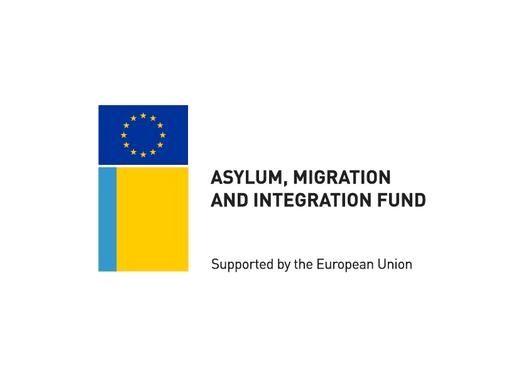Immigrants' health and wellbeing

Immigrants are not a uniform group. Health gaps between different immigrant groups and genders may be large. Immigrants’ health and wellbeing are affected by many factors, such as country of origin, age of immigration, reason for immigrating and the length of time spent in Finland.
Immigrants' health is also influenced by cultural ideas of health, illnesses, and the prevention, treatment and symptoms of illnesses. In addition, experiences of health are subjective.
Health and wellbeing are an important part of integration
Special issues are associated with the health and wellbeing of people with different backgrounds. These issues may have a negative or a positive effect. Those who came to Finland as refugees or asylum seekers and their family members are often in a more vulnerable position in terms of their health.
Factors that improve health and wellbeing must be supported. The majority of those who responded to the Survey on work and well-being among people of foreign origin (UTH) were satisfied with their state of health. Targeted information in plain language about illnesses, their prevention and different services must be offered to persons with a foreign background.
Factors that improve health and wellbeing include
- good self-perceived quality of life in the new home country and being satisfied with living conditions
- support from families and communities
- trust in the Finnish service system
- certain lifestyle choices, including avoiding alcohol.
Factors with a negative effect on their health and wellbeing include
- experiences in former home country and on the way to the new country
- challenges encountered during time at a reception centre (including difficulties with getting a residence permit)
- difficulties associated with integration (including access to a language course, finding a job or inclusion in different communities)
- untreated illnesses and difficulties with accessing services in Finland
- worry about family members who remain in the old home country
- special issues and traditions (including hereditary illnesses, women's circumcision)
- experiences in Finland (including discrimination, lack of social networks).
More than one out of four respondents with a foreign background who participated in the UTH survey reported a health problem or at least one long-term illness. Women reported health problems more often than men.
Problems associated with mental health and traumatic experiences were common, especially in people coming from conflict zones. For this reason, it is vital to identify any problems in time and offer appropriate help to immigrants.
The impacts of the COVID-19 pandemic on the migrant population
The COVID-19 pandemic caused a decline in the health, welfare and working ability of the migrant population. Compared to the general population, the impacts of the pandemic on the migrant population have been stronger.
The negative impacts of the pandemic have been evident in the following
- the future was perceived as more dire than previously
- increased experiences of loneliness
- increased difficulties falling asleep
- an increase in smoking.
The COVID-19 pandemic also had a negative impact on daily activities, which has been evident for example in the decline of security felt at home and a decrease in physical activity. In addition, almost one fourth of migrants felt that their financial situation has declined during the pandemic. Correspondingly, only six percent of the general population felt that their financial situation had decline significantly during the COVID-19 pandemic.
The COVID-19 pandemic has also had positive impacts on the migrant population.
- In some cases, communication with friends increased during the pandemic.
- Those with refugee backgrounds saw their future as brighter than previously.
- Disagreements within families decreased.
Migrants use health services fewer than the rest of the population
During the COVID-19 pandemic, the need for health services grew. Majority of migrants said they needed health services and services for families and children. However, the availability of services was uncertain. Nearly half of those who needed mental health services and a third of those who needed dental care felt that the services they received were inadequate.





